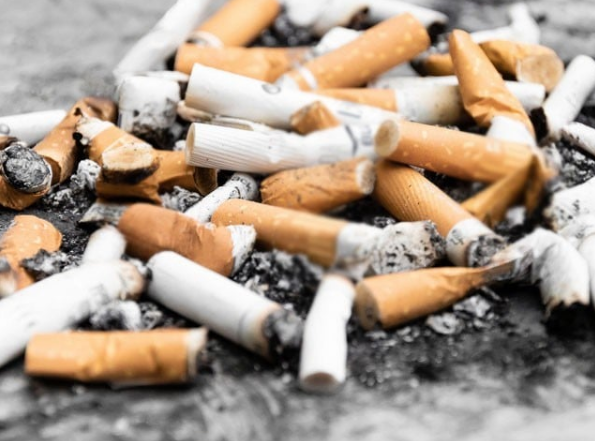
Lithuanian Scientists Transform Biodiesel Production
Vilnius, [27.12.2023] breaking news for today as Scientists from the Kaunas University of Technology in Lithuania, in collaboration with the Lithuanian Energy Institute, have made a groundbreaking discovery that could transform the landscape of biodiesel production and contribute to a greener and more sustainable energy future.
“Explore how Lithuanian scientists are revolutionizing biodiesel production by ingeniously recycling cigarette butts. Unveil the groundbreaking pyrolysis process that extracts valuable compounds, making biodiesel cost-effective and eco-friendly. Witness a transformative step towards sustainable energy solutions and effective waste management in this remarkable environmental breakthrough.”
In a global effort to reduce dependence on toxic and non-renewable energy sources, researchers have been exploring environmentally friendly alternatives. One such alternative is biodiesel, a clean and biodegradable energy source derived from biological components like edible oils, unprocessed oils, and animal fats. Despite its eco-friendly nature, the expensive production of biodiesel has hindered its widespread adoption—until now.
In a recent study published in the Journal of Analytical and Applied Pyrolysis, lead author Sami Yusuf shared an innovative solution: utilizing cigarette filters to enhance biodiesel production. This breakthrough not only addresses the cost barrier but also repurposes a significant waste stream, cigarette butts.
“Cigarettes consist of three main materials: tobacco, paper, and a filter made of cellulose acetate fiber. They represent a substantial volume of waste with a unique composition,” explained Sami Yusuf. “Our focus on recycling and waste management led us to explore unconventional sources for raw materials and energy.”
The scientists employed a pyrolysis process, subjecting the cigarette butts to temperatures of 650, 700, and 750 degrees Celsius. Through a series of experiments, they discovered that the optimal conditions at 750 degrees Celsius yielded a remarkable 43 percent of triacetin, a compound known to enhance biodiesel efficiency. Additionally, the process yielded 38 percent of oil, 25.7 percent of char, and 36.4 percent of gas.
“All the by-products obtained are not only environmentally friendly but also highly usable,” affirmed Sami Yusuf.
This groundbreaking research not only addresses the challenges of biodiesel production costs but also contributes to effective waste management. With the potential for large-scale utilization of cigarette butts in biodiesel production, this discovery opens new avenues for sustainable energy solutions, aligning with global efforts to create a cleaner and more eco-conscious future.
The Lithuanian scientists’ innovative approach stands as a testament to the power of interdisciplinary collaboration in driving positive change for both the environment and the renewable energy sector. As the world seeks alternatives to traditional energy sources, this breakthrough marks a significant step towards a greener and more sustainable future.
Stay tuned for further developments on this revolutionary advancement in green technology.
For inquiries, contact: